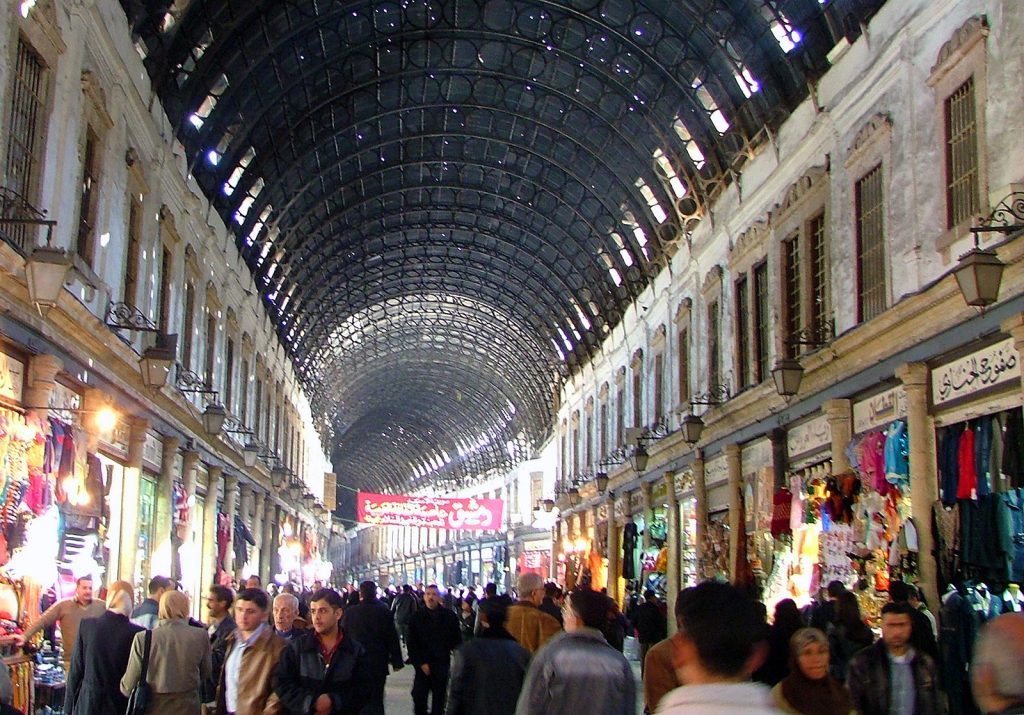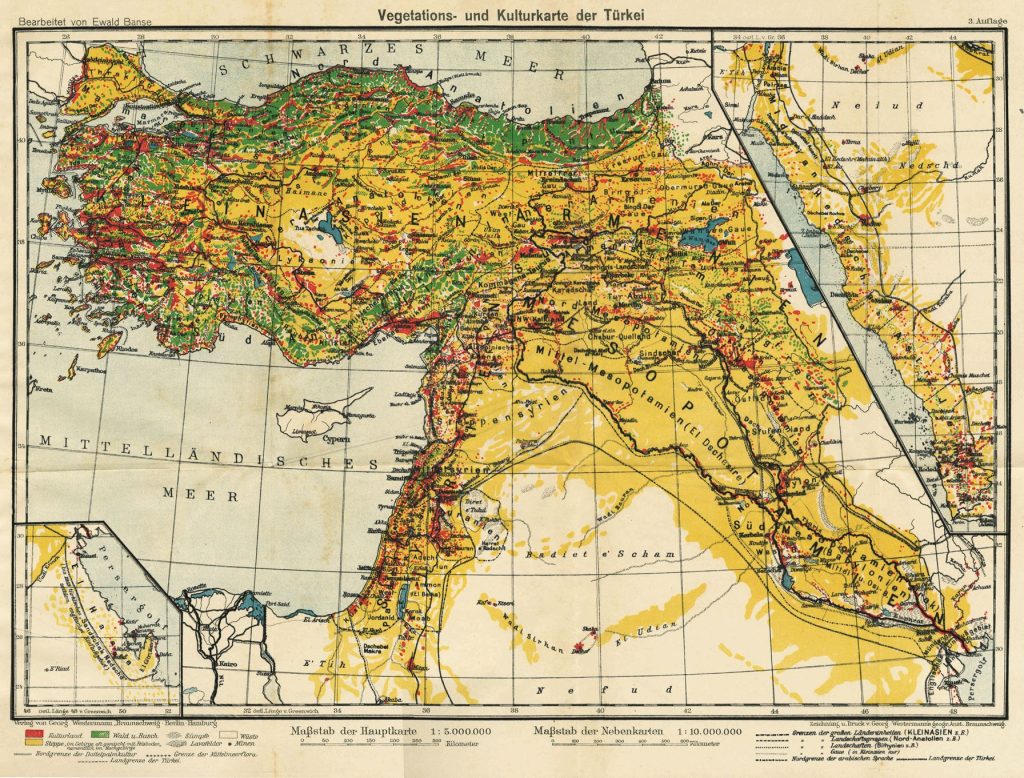Egyptian Arabic for Comedy and Cracking Jokes
Egyptian Arabic, known as Masri, is the most widely understood dialect across the entire Arab world. This is due not just to its relatively uncomplicated grammatical structure, but also to a history of Egypt as being the culture capital of the region. As such, Egyptian music and films are enjoyed the region over and Arabs from all countries have accustomed themselves to the subtle wordplays and characteristic expressiveness of the Egyptian dialect. However, amidst Egypt’s immense modern cultural legacy, one particular art form sticks out as particularly suited for the Egyptian dialect: comedy and cracking jokes. All the way back in the days of popular Egyptian theatre before the widespread introduction of movie theatres, the unique form of Egyptian comedy was taking shape. Actors, directors, and writers experimented with the intricacies and peculiarities of the Egyptian dialect to see what received the most laughs from the enormous audiences that would flock to each performance. The classic play Madraset El Moshaghbeen, featuring a young Adel Imam, is a classic example of the sarcasm, theatrical absurdity, and comedic bravado that the Egyptian Arabic dialect so perfectly lends itself too. Since the advent of movie theatres and the widespread availability of television sets, Egyptian comedy is still as popular as ever, and its relationship to the days of comedic theatre is unmistakable as almost every joke rests on the expressive particularities of the Egyptian dialect.
Lebanese Arabic for Romance
There’s a lot to fall in love with in Lebanon, from its impressive mountains, cedar forests, and waterfalls to its unbeatable cuisine. But, many have also fell in love with Lebanon through its music and tales of romance as sung by Lebanese greats like Fairuz, Sabah, and Ahmed Kaboor. Lebanese Arabic seems to have the ability, at least to outsiders, to make the most mundane of things sound heavy with meaning and feeling. Reading out a shopping list for the supermarket in the Lebanese dialect makes it almost sound like a love poem, seemingly imbued with meaning and with a delicate awareness of how each sound rolls into the other. Even their nationalistic songs take on an almost romantic approach to Lebanon. No one has used the particularities of the Lebanese dialect more for its ability to express meaning and heart-felt emotions than Fairuz, Lebanon’s queen of music. Throughout her various love songs, it’s hard not to fall in love a little yourself as her delicate voice and the beautiful sounds of the Lebanese dialect are almost enchanting.
Iraqi Arabic for Maqam
The musical genre of maqam, while played throughout the entire Middle East in different dialects and even languages, really comes into its own in Iraq with the deep and meaningful feel of Iraqi Arabic. Maqam is a uniquely Middle Eastern genre that follows particular rules of improvisation that dictate the sounds, melodies, and development of each piece of music. The genre of maqam, and particularly Iraqi maqam, arguably constitute the classical musical tradition of the Middle East, and its influence in making the musical tradition in the Middle East distinct from that of the rest of the world is hard to underestimate. Iraqi maqam, which impressively dates back all the way to the Abbasid Caliphate, with often dozens of instruments is, nonetheless, based entirely around a poem sung by the singer. Some of Iraq’s great maqam singers include Hamid al-Sa’di, Nazem Al-Ghazali, and Affifa Iskander. Listening back on some of their recordings, it is striking how Iraqi Arabic lends itself to to the heart-felt recital of poetry and how the angst or hope of the singer is so easily felt and understood by the listener.
Palestinian Arabic for Folktales and Storytelling
Passed down from generation to generation for hundreds if not thousands of years, folktales are some of the oldest living traditions we have today. While oral histories and folktales are seen throughout the world and in almost every society, Palestine has a particularly vibrant culture of storytelling. Known as hikaye, the practice of storytelling is often done by older women in the community who perform the handed-down stories to local children who assemble around them in a circle. Palestine’s Arabic dialect with its characteristic joyful cheek makes the stories particularly enticing for children, and there’s something alluring about the narration of a story in the Palestinian dialect, which I can’t quite put my finger on. The stories often relay a moral lesson to the children, but they also serve the purpose of preserving a culture, felt to be threatened by a program of cultural erasure by the occupying Israeli state. The acts of telling folktales from hundreds if not thousands of years ago also provide the opportunity to construct a national identity not tarnished by the legacy of death and displacement that depressingly colours much of what we think of as Palestine, and instead gives us a glimpse into a people and country before their displacement.
Syrian Arabic for Proverbs
All countries have their own proverbs, but few make them sound as wise as in Syria. The Syrian dialect has a characteristically wise sound to it and a certain delicacy that begs listeners to pay close attention. One great Syrian saying goes along the lines of, ‘the man wanted to put eyeliner on her to make her more beautiful, but he accidentally stabbed and blinded her’. This refers to the very human trait of trying to perfect something more and more, and in the process ruining it. Another favourite of mine states, ‘teaching a child is like engraving rocks’. This proverb references how at a young age it is so much easier to learn and remember new things, in particular languages, and that children must be educated early and well. The Syrian dialect also often enables otherwise ridiculous-sounding proverbs to sound incredibly wise, like the odd statement that ‘a monkey in his mother’s eye’s is a gazelle’, referring to how a mother’s love for her son is blinding whatever the actual reality.

Tunisian Arabic and Hip Hop, Rap, and Trap
In the music industry Tunisian hip hop, rap, and trap launched itself around 2011. Singing about the trials and tribulations of growing up in Tunisia, young rappers became the voice of an ignored generation mostly excluded from the national dialogue. Mirroring the beginning of American hip hop created by inner-city youth in the Bronx and other cities in the US, Tunisia’s adoption of these genres came at the perfect time and place and resulted in an utterly original and new reinvention of the genre. Tunisian Arabic’s punchiness and swag lends itself perfectly to these genres as a way to express frustration with the present. There is also something about the Tunisian dialect that perfectly suits the metaphors and wordplay in hip hop and rap that can’t quite be replicated in other dialects.
Did we miss your country? Tell us in the comments about what your country’s dialect of Arabic is perfect for.
WE SAID THIS: 10 English Words That Are Surprisingly Of Arabic Origin



